2020 Update: At this point, if you have not seen Black Panther, it was only because you willfully chose not to watch it, or you’re just not a fan of superhero movies. Reading this post will not spoil the movie but it does contain a general overview of many thematic elements. In light of the devastating news of Chadwick Boseman’s passing, I wanted to again reflect on what this movie and moment in time meant to me.
Like many of my black brothers and sisters around the country, I saw Black Panther this weekend. It was everything I wanted it to be. It was everything I’d hoped it would be. 10/10. Would Recommend. But as I watched the movie, I felt uncomfortable. Not because the popcorn I ate wasn’t settling right, but because in some parts, I felt like I saw my life playing out in front of me.
I’m from Wakanda. Yes, I am very aware that it’s a fictional place (no matter how much I’d love to have some popping pics on IG and a passport stamp to match). But like I said, I grew up in Wakanda.
To the outside world, Wakanda is an impoverished third world country in Africa. A place isolated from the world and as is noted many times by foreigners, a place with nothing to offer. To those within the heavily guarded borders of Wakanda, they know this is not the case. Wakanda is a beautiful country filled with technologies, knowledge, and power the rest of the world has yet to even imagine.
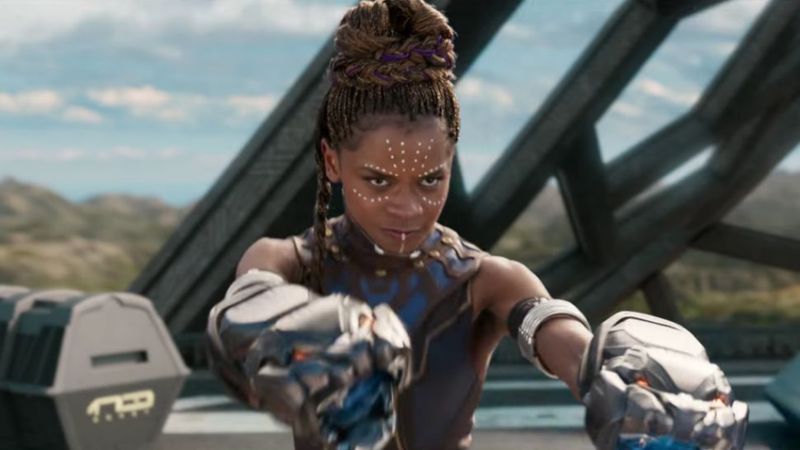
I come from a privileged home. My parents are still married, they’re college-educated and have always had jobs. I grew up on a street where all the houses were neatly lined up, all resembling one another. In high school, the Ivy League was within reach for many students. When it came time for college, I knew my parents had money to contribute. I played an instrument, competed in sports, had a dedicated space to get my schoolwork done, and excelled academically.
Going to bed hungry was never a concern, the flick of a finger always resulted in lights being turned on and my showers were hot (although my dad has been known to cut the water line off if my shower is too long). Beyond my parent’s ability to provide for my basic necessities, they also equipped me with mental fortitude. Because I never had the stress of just maintaining and sustaining, I was able to worry about much more trivial things.
Now don’t get me wrong, being one of the few people of color in my lily-white suburb wasn’t easy, but my parents understood that. In the four walls that enclosed my home, my parents were also building a battleground and a haven. My home was the only place for me to be myself. Sure, some of our neighbors probably felt our presence might lower their property value and that we had nothing good to contribute, but it didn’t matter. I knew what my family was capable of. In the fortress of my home, I didn’t have to worry about the outside world which meant I could also ignore it and all the good and bad that comes with it. I was living in Wakanda.
Why the guilt?
In one of the opening scenes of Black Panther, Nakia (Lupita Nyong’o) has a conversation with T’Challa (Chadwick Boseman) about helping her neighbors in Nigeria. Because she knew of the wealth and knowledge Wakanda contained, she states, “Wakanda is strong enough to help others and protect itself”. T’Challa ignores her but soon learns to regret it when his cousin Killmonger (Michael B. Jordan) shows up from Oakland, CA to come to wreak havoc in Wakanda.
Killmonger is the epitome of the other America many of us who come from privileged backgrounds rarely interact with. Fatherless, opportunity-less he turns to the army to bring some order into his life. In the process, he turns into an emotionless war machine. Most importantly, he is hurt. Hurt that his own people, his aunties, uncles, and cousins would leave him abandoned and exclude him from their world.
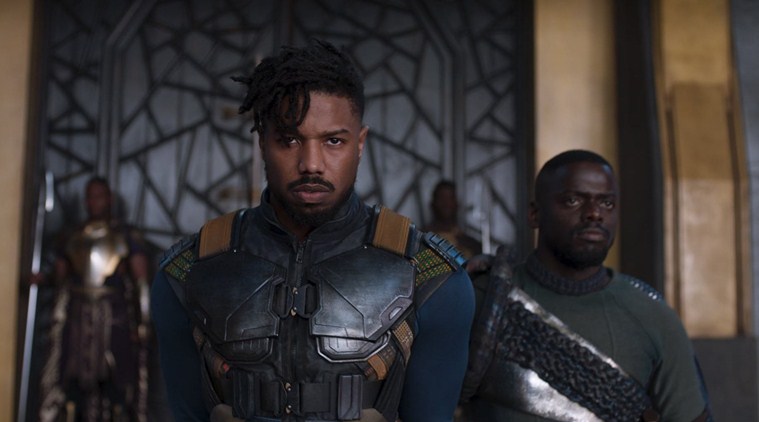
Growing up, a quick ride over a bridge and down a few streets dropped me off into neighborhoods with people who looked just like me but lived very different lives. Lives you can see on TV and read about online but don’t have to acknowledge. But honestly, I didn’t even need to drive into the city to see that life. Some of my family lives the same life that Killmonger comes from. Though I’ve been shielded from that other America, I’ve never been blind to it.
As someone who identifies as hood adjacent, I have always been aware of the duality in my identity. I’m a black woman which means I work ten times harder to prove myself, my value, and my purpose. Sometimes people don’t want to acknowledge it, other times, much like the Wakandan’s I shield myself. I don’t let people know all the magic I possess because they’re not deserving of it.
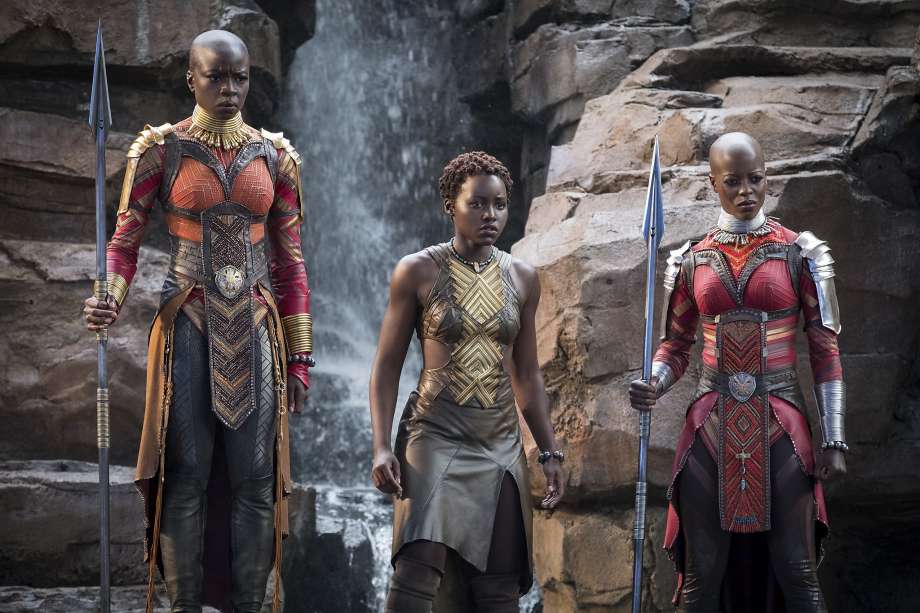
So, the conflict begins.
When I see my brothers and sisters suffering, I want to help. Like Nakia, I am constantly faced with the battle of helping others while also trying to protect myself. It’s a delicate balance, trying to help others while still not depleting all my resources. Many times, I have asked myself, how can I still keep it real while still keeping my sanity? Your energy and health, much like vibranium are valuable resources.
Am I doing enough?
I’d like to think I am. Without listing all the laudatory examples of me making a difference, I can say I am finding that balance. I am constantly reaching out to the invisible or forgotten people to equip them with the knowledge they need to, as they often say, “be like me”. Sometimes people don’t want that help though and that’s okay. Sometimes I’ve gone above and beyond in helping people with the best of intentions and still have been met with anger and resentment. That’s okay, I have come to understand that sometimes hurt people, hurt people.
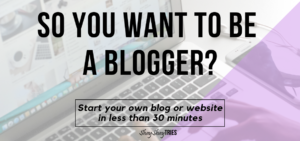
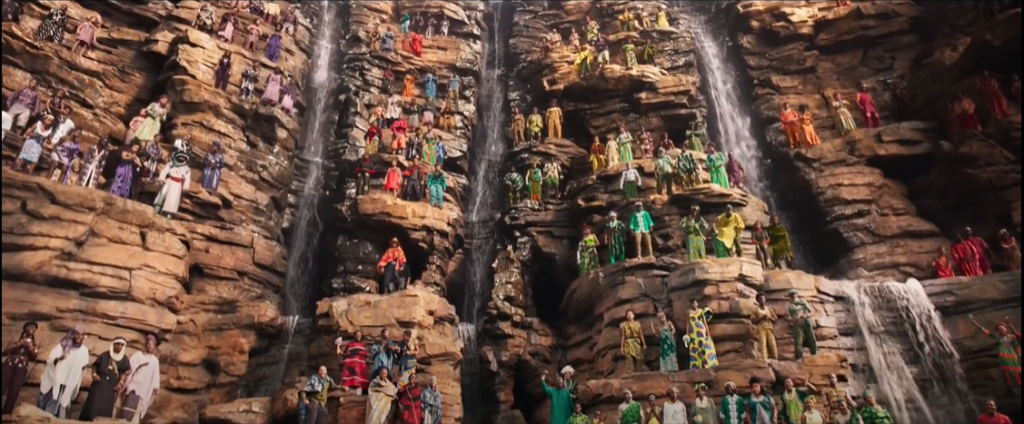
Black Panther is a movie about community. A community that will inevitably be intertwined with the Marvel Cinematic Universe in a way that has Wakanda saving the world via the Avengers. I’m no superhero and definitely not an Avenger, but if I can use my powers to help empower others, that’s good enough for me.
A True Black King
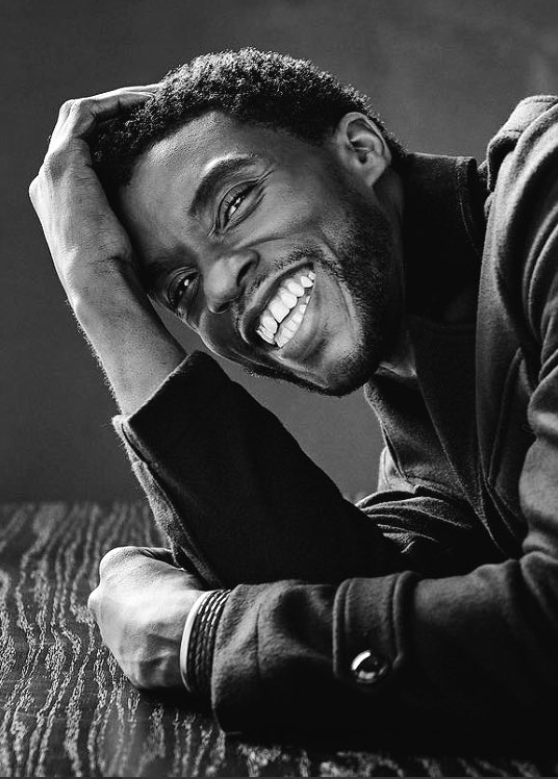
Chadwick Boseman’s life reflected that of the T’Challa and Wakanda at large. Wakanda was a country hidden from the rest of the world, but with great power and promise. Only in his death did we learn that Mr. Boseman was battling stage IV colon cancer, a death sentence he carried in silence. Despite this, he gave us so much more than we could have ever asked of him. Though the Black Panther character only received an hour and five minutes of total screen time across the MCU, the impact of the character, the film, and the man behind the high tech suit and mask resonated far beyond the moment.
We lost a real-life hero. In his short but prolific film career, Mr. Boseman was the “go-to Black man” to play beloved Black icons. It’s an honor he did not take lightly. Even when Wakanda salutes became jokes for Twitter fodder, he continued to hold esteem and respect by peers and fans alike. From Jackie Robinson to Stormin’ Norman in Da 5 Bloods, James Brown, and Thurgood Marshall, Mr. Boseman brought the stories of Black men of the past into the present. Amplifying their voice to new audiences, he did it while battling for his own life in private. The bittersweet irony of a Black man who impacted millions playing mostly roles of Black men whose lives impacted millions is not lost.
Often, when we think about people who are sick we see them as incapable. Perhaps this is why he chose to keep his illness a secret. We coddle those who might be unable to fully help themselves. It’s clear he did not want us to help him beyond supporting his work. The phrase “pouring from an empty cup” comes to mind when I think about people overextending themselves when they are in no position to. I think, in this case, Mr. Boseman continuing to live his life in a fully present, fully dedicated way, he was not pouring from an empty cup. He poured what he had onto the screen and into the lives of those who saw his work. His life was his work, and his work was to empower others. So even in death, the sum of his work will always be nothing less than beloved and revered.
We may never get the full story on why he chose to hide such an enormous secret, why he decided to take the roles he did, or what he planned for the future. His story will live on through the people he worked with, the people fortunate enough to have met him, and the people he loved. In a year that has taken so much, I am still allowing myself the space to find and feel a full range of emotions about his passing. I am tired of crying, tired of being upset, and tired of 2020. The power Chadwick Boseman gave to me and so many others gives me the push I need to continue forward. Rest in Power to a True Black King.
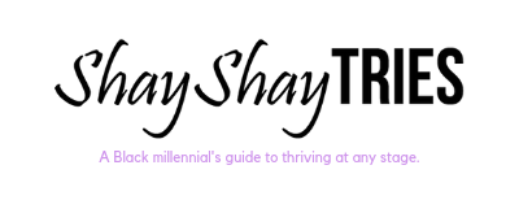
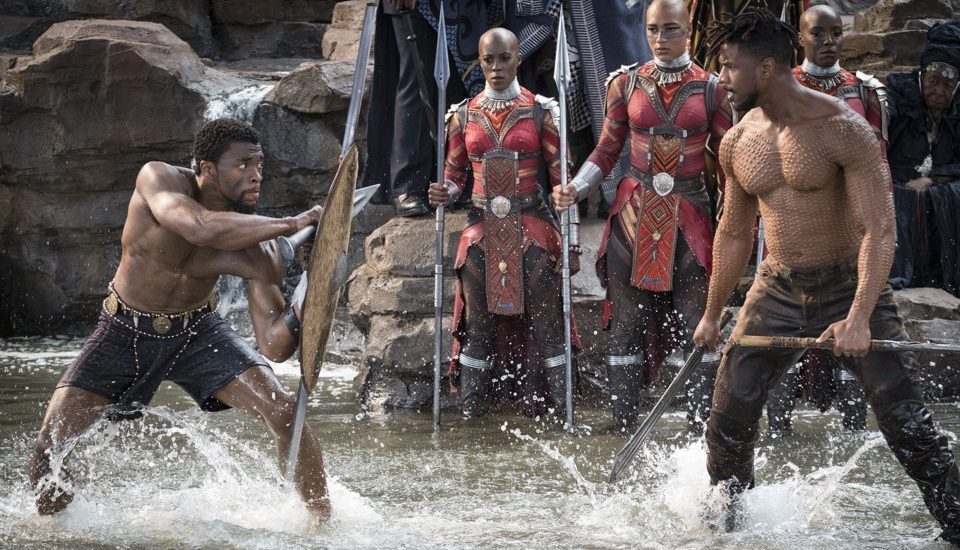

I understand why you feel guilty. I take care of my family as the sole provider (not anymore 🙌🏾) and people look at my job and think “oh she has money” when I’m reality I’m barely above water. I can’t take care of mine and help others, but society has this portrayal that military members can.
[…] don’t want to sound offensive, they use the term “African American”. Though this phrasing is highly divisive in our own community, I have realized by and large the preferred descriptor of anyone of African descent or culture […]
Excellent article! I definitely feel you on the upbringing, having had a similar one myself. One thing I learned growing up, is not everyone wants the help you can or are willing to offer. And, you should always be cognizant of the divide between what you can or will do, and what they expect or need.
Well said. Sometimes we don’t see our privilege because our life still has struggles but we can always find someone less fortunate who can use our help. Nice piece